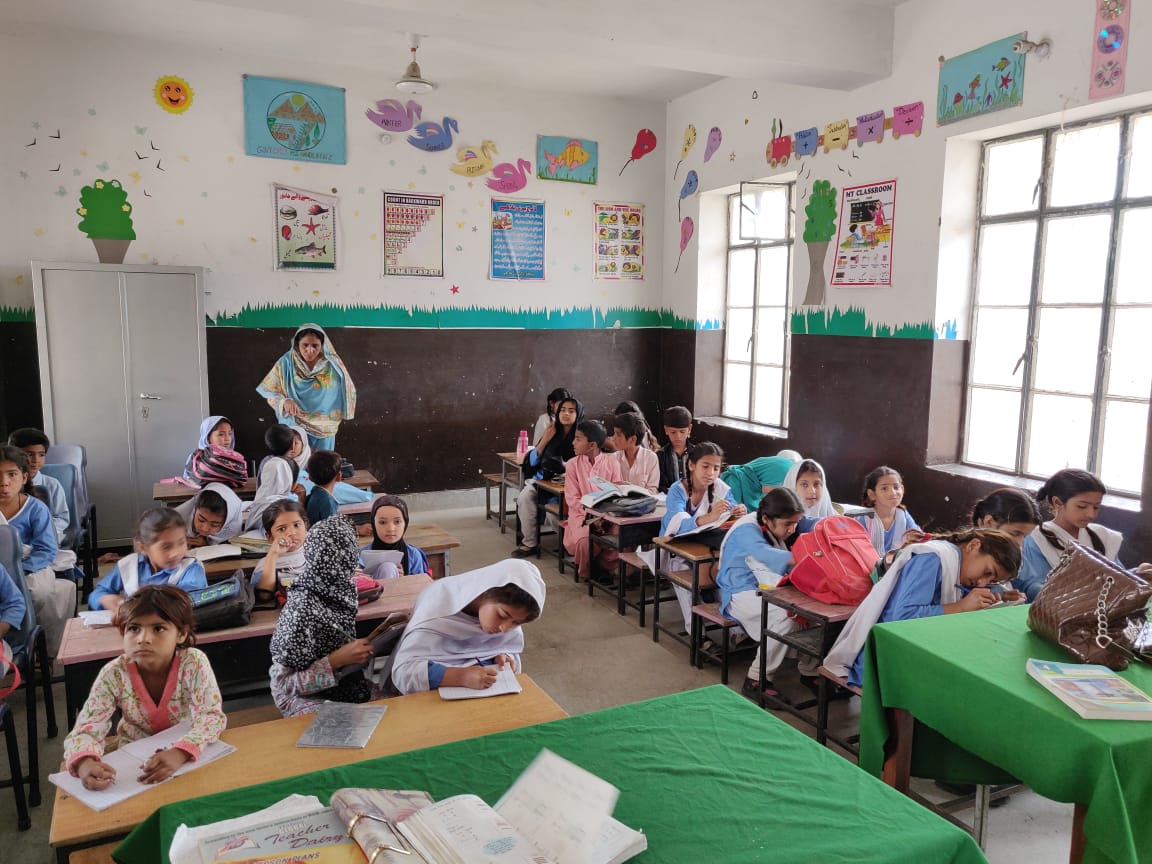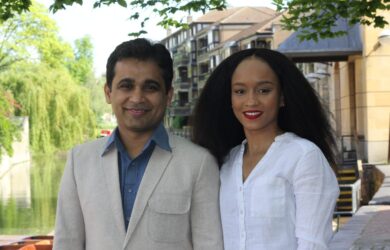
This study fills an important gap in the literature by focusing on what teachers do in the classroom, their knowledge of subject matter and how they are compensated in public, private and PPP schools.
Ali Ansari
Public school teachers in Pakistan’s most populous province exhibit more effective teaching practices than private school teachers and show better mastery of Urdu than private and public private partnership school teachers, according to a new study which tracks developments since the enactment of major education reforms.
The study by Ali Ansari, published in the International Journal of Educational Development, provides evidence on three important aspects of teacher competency across public, private and Public Private Partnership (PPP) schools in Pakistan’s Punjab province: teacher behaviour in the classroom, how much teachers know and what factors are associated with teacher compensation.
It follows the implementation of a series of reforms over the past decade in Punjab, such as the 2018 New Deal for education which includes the scaling-up of access to education through PPP programmes.
The new study finds that private school teachers are less likely to exhibit effective teaching practices in the classroom than public school teachers, and both private and PPP school teachers are less likely to exhibit content knowledge mastery in Urdu than public school teachers, although this is not the case for maths and English.
The study also provides some correlational evidence on the test-based teacher recruitment reform in Punjab and reports that public school teachers recruited after the introduction of test-based teacher recruitment are 30 percentage points more likely to demonstrate maths content knowledge mastery than teachers recruited prior to test-based recruitment.
Lastly, the study finds evidence of a pay gap between male and female teachers in both public and PPP schools after controlling for other characteristics. There was also a link between private school teachers pay and their maths knowledge, but this was not found for public school teachers. Female teachers in PPP schools who had higher academic qualifications were generally paid more, but this was not the case for male teachers.
Ali [2018], who is doing a PhD in Education, says: “The School Education Department in Punjab has implemented a series of reform programmes aimed at improving the quality of education in the province. This paper provides evidence on two of the major reforms implemented over the past decade. The first involves increasing access to schooling through Public Private Partnerships in education, and the second reform has been introducing test-based teacher recruitment for all public school teachers in the province. This study fills an important gap in the literature by focusing on what teachers do in the classroom, their knowledge of subject matter and how they are compensated in public, private and PPP schools.”
*Photo credits: Ehtesham ul Haq












